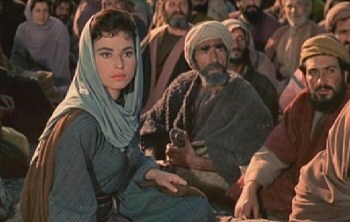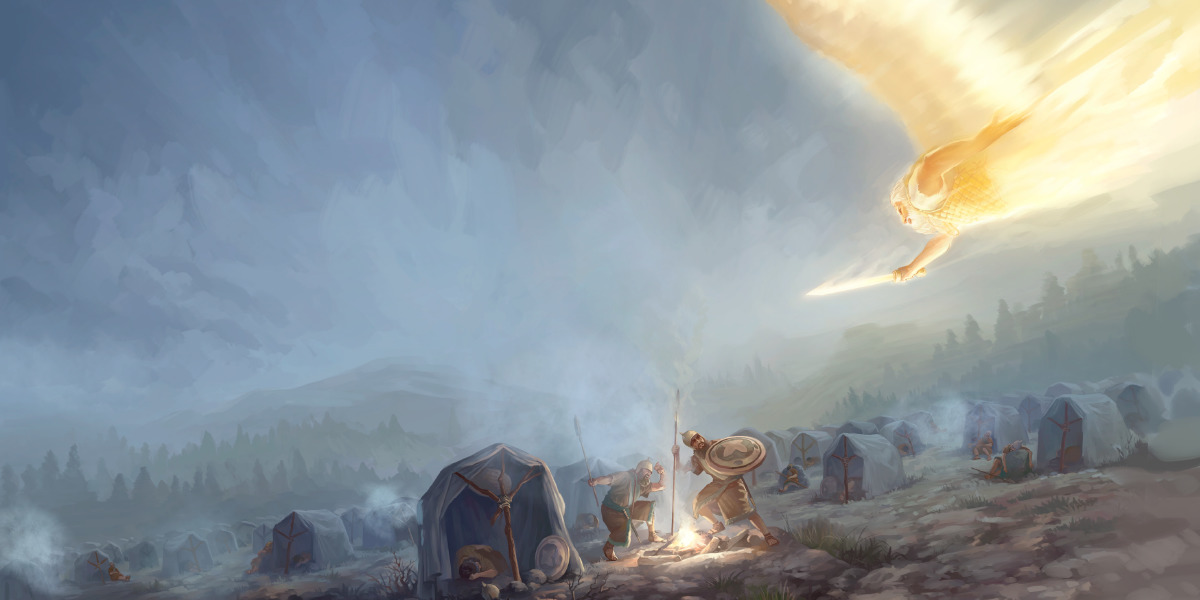To accompany your Come Follow Me study for July 11-17
In addition to reading these prescribed chapters, you may enjoy:
- The corresponding material from the Institute student manual found in the online Gospel Library
- The video Come Follow Me 2022 LDS (July 11-17) 2 Kings 17-25 | Israel Splits at https://www.youtube.com/watch?v=pOR-0MqgK6o
- The video Josiah and the Book of the Law at https://www.youtube.com/watch?v=ggWHMo6McFI
- The video Eyewitnesses News at Six at https://www.youtube.com/watch?v=NfAkbEkqWRQ
- The video Animated Bible Stories: King Hezekiah and The Assyrian Invasion at https://www.youtube.com/watch?v=igSxPaW0o_Q
- The video The Babylonian Conquest and Destruction of the First Temple at https://www.youtube.com/watch?v=xrmTw0WroQ8
If you would enjoy seeing a Kahoot game related to this material which you could use for your own amusement or with your family or class, click here: https://create.kahoot.it/share/2-kings-17-25/90ee4433-b7cd-42d8-875b-1bada8c1e298. (To use it with a group, after clicking on this link, you will need to log into Kahoot, creating a free account if you have not done so previously, then click on the blue “Start” button.)
Points to Ponder in 2 Kings 17-25
1. These chapters contain some of the highest and some of the lowest points of the entire Israelite history. What do you consider the three most uplifting and inspiring things from this week’s reading?
2. What do you consider the three saddest episodes in this week’s reading?
3. What other principles and lessons do you find in these chapters that you consider worth noting?
Possible Answers to Points to Ponder in 2 Kings 17-25
1. These chapters contain some of the highest and some of the lowest points of the entire Israelite history. What do you consider the three most uplifting and inspiring things from this week’s reading?
For me they would be:
- Hezekiah’s righteousness, which allowed the Lord to perform miracles on his behalf, such as:
- Sending an angel to kill 185,000 Assyrian soldiers in one night. (19:35) That same God and angels are still on duty! We needn’t fear powerful and wicked nations, but we do need to fear to offend the power which could protect us from them.
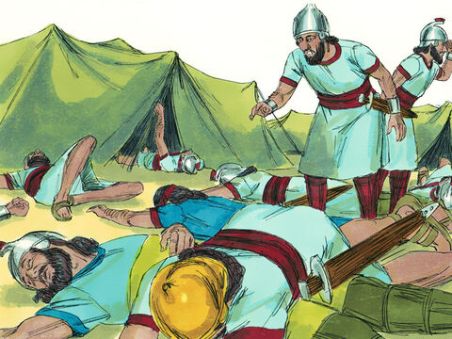
- Blessing him with an additional 15 years of life beyond his originally decreed time to die. (20:1, 5-6)

- Turning the shadow on the sun dial 10 degrees backward (20:11)

- Josiah’s righteous reign, beginning at age 8! (22:1-2)
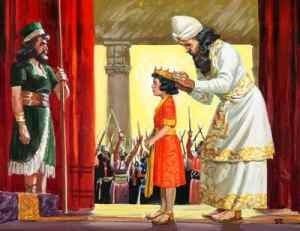
- The discovery of the “book of the law” during Josiah’s reign (22:11), and his efforts to read the book in the ears of all the people, and the people’s making a covenant to live accordingly. (23:3)
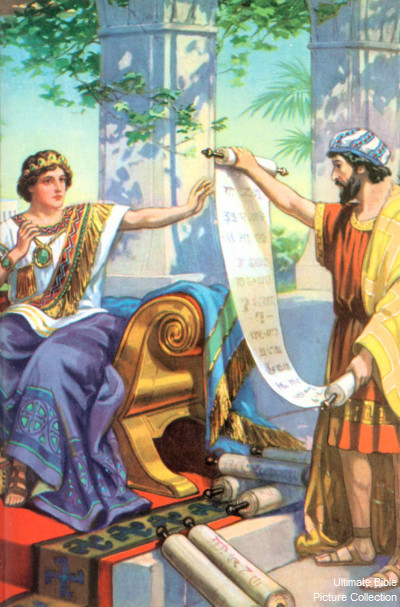
2. What do you consider the three saddest episodes in this week’s reading?
For me they would be:
- The wickedness of both Israel, Judah, and their kings, which brought down the judgments of God upon them, despite their temporary repentance during the reign of Josiah. (17:7-12, 14—17; 18:11-12)
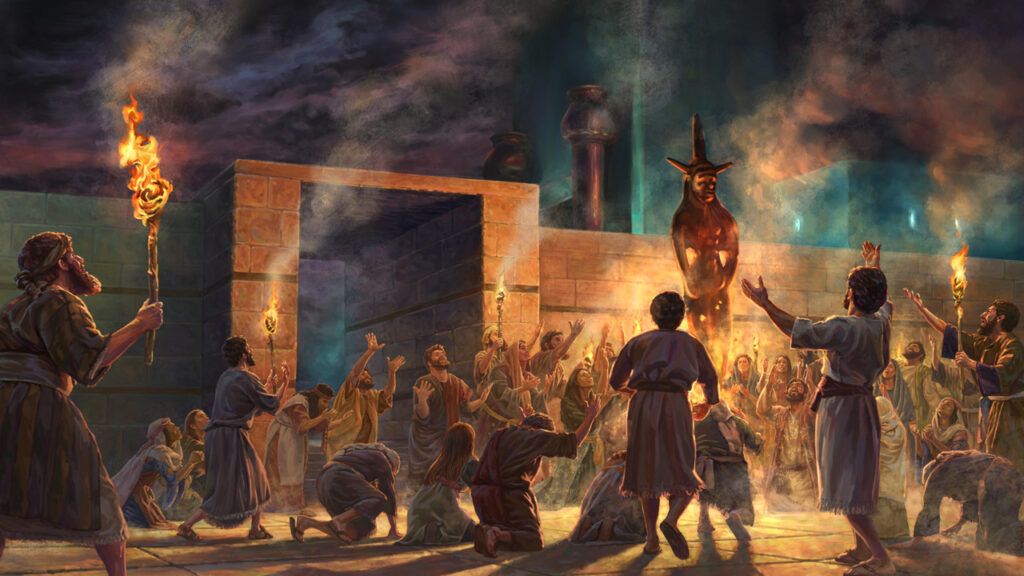
- The captivity of the kingdom of Israel at the hands of the Assyrians. (17:6, 18)
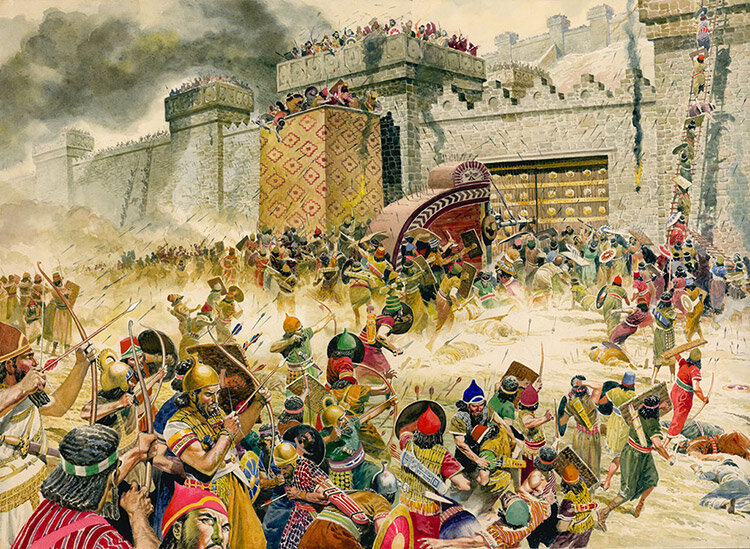
- The destruction and captivity of the kingdom of Judah at the hands of the Babylonians. (25:4-11)
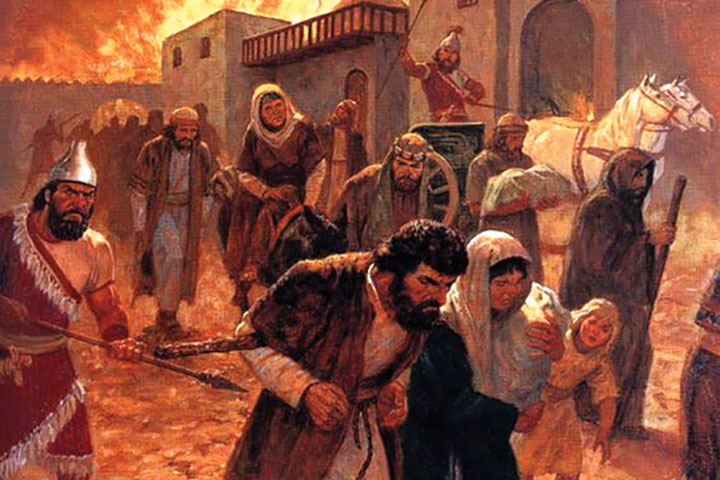
3. What other principles and lessons do you find in these chapters that you consider worth noting?
- God was patient in sending prophets to warn His people of what would befall them if they didn’t repent. (17:13)
- Despite his righteousness in general, Hezekiah may have been a bit too willing to placate the king of Assyria by cutting off the gold from the temple rather than relying on the Lord. (18:16.) And he may have been unwise in 20:13 to show the son of the king of Babylon all the royal treasures.
- It is interesting that the record speaks of lions being sent among the Samaritans, which slew some of them. (17:25.) One of the traditional arguments against the Book of Mormon has been that it mentions horses among the Nephites, though researchers claim there have not been horse bones found in the Americas dating to Nephite times. But neither have there been lion bones found in Israel! If no one questions the accuracy of 2 Kings 17:25, they should apply the same standard to the Book of Mormon. Absence of evidence does not constitute evidence of absence!

- The “remnant” spoken of in 19:31 which should escape from Jerusalem would one day return, in the Lord’s due time, in the form of latter-day descendants.
- It is possible to read 2 Kings 19:35 with a bit of humor: “When they arose early in the morning, behold, they were all dead corpses.” Presumably, the author meant that when the Israelites woke in the morning, the Assyrians were all dead, but a careless reading could make it sound like the Assyrians themselves were astonished to get up and find they were dead! Joseph Smith corrected this passage to read “when they who were left arose.”
- As good as Hezekiah was, one wonders why his son, Manasseh, was so wicked. It is not our place to judge. But it’s worth asking in our own lives if we are giving sufficient attention to strengthening our families rather than simply succeeding in our employment and Church callings. Of course, it is equally worth asking how a king as bad as Ahaz (2 Kings 16) could have a son as good as Hezekiah. In the end, we are each responsible for what we become, with God’s help, and cannot blame our parents for our failures nor take full credit for the success of our children.
- That not every word in the Bible can be taken literally, since of both Hezekiah and Josiah it was said that “like unto him was there no king before him,… neither after him arose there any like him.” (18:5; 23:25.)
- That the destruction of Jerusalem during the reign of Zedekiah (25:4-11) was the same event of which Lehi and others of his contemporaries warned in the opening chapters of the Book of Mormon.
- In 2 Kings 20 we learn that Hezekiah was appointed to die at a given time but through his prayer the Lord granted him an additional 15 years of life. This raises the question whether there is a time set for each of us to die. President Spencer W. Kimball had this to say on the subject:
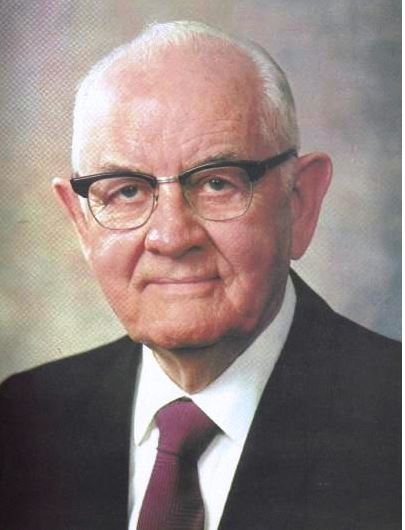
“I am confident that there is a time to die. I am not a fatalist. I believe that many people die before ‘their time’ because they are careless, abuse their bodies, take unnecessary chances, or expose themselves to hazards, accidents and sickness. …
“God controls our lives, guides and blesses us, but gives us our agency. We may live our lives in accordance with His plan for us or we may foolishly shorten or terminate them.
“I am positive in my mind that the Lord has planned our destiny. We can shorten our lives, but I think we cannot lengthen them very much. Sometime, we’ll understand fully, and when we see back from the vantage point of the future we shall be satisfied with many of the happenings of this life which seemed so difficult for us to comprehend.” (Tragedy or Destiny, pp. 9, 11.)
- Latter-day Saints know something that the author of 2 Kings 25:7 didn’t. While most of the sons of Zedekiah were killed by the Babylonians, there was one, Mulek, who escaped and presumably with divine as well as human help made his way to the Americas. His descendants are known in the Book of Mormon as the people of Zarahemla, or colloquially as the Mulekites. They were discovered by Mosiah in the book of Omni and merged with the Nephites under Mosiah’s leadership. Thus, at least three tribes of Israel are represented by the Book of Mormon peoples. Lehi was of Manasseh, while we learn that Ishmael was of Ephraim. Mulek would have been of Judah. So, descendants of the Book of Mormon peoples could be designated by a patriarch as literally of any of those tribes, most likely being a mixture of all three. (And Lehi and Ishmael and perhaps even Mulek could well have had ancestry from more than one tribe, even though one of those lineages predominated.)
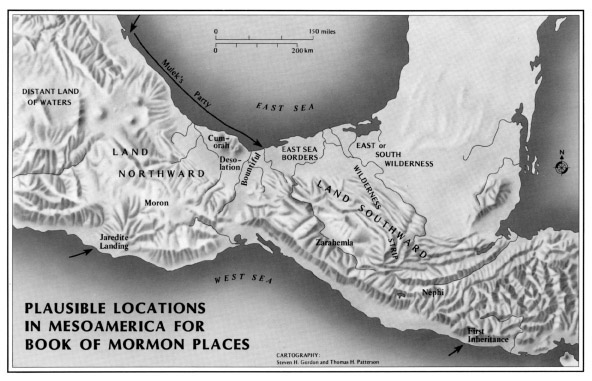
- Judah’s experience without the scriptures parallels in significant respects the Mulekite experience. When Mosiah found the Mulekites, or people of Zarahemla, he found they had come with no records and knew nothing of their Creator or His gospel, and their language had become corrupted. We see here the importance of a constant study of the scriptures for both spiritual and temporal reasons.
- We find the word of the Lord being communicated in 22:14 by Huldah, a prophetess!
